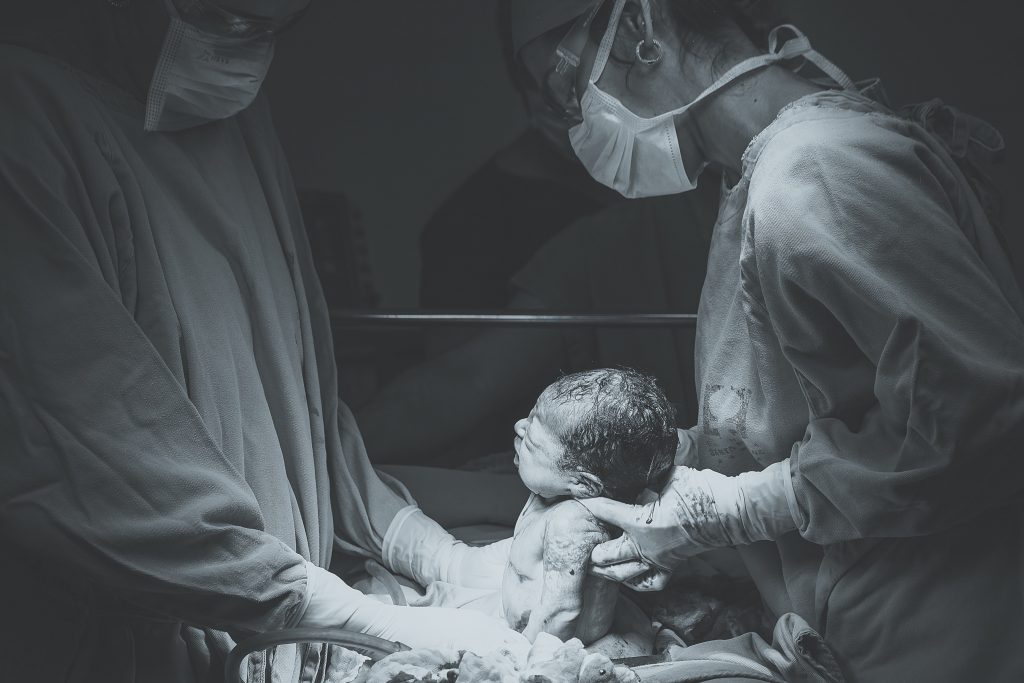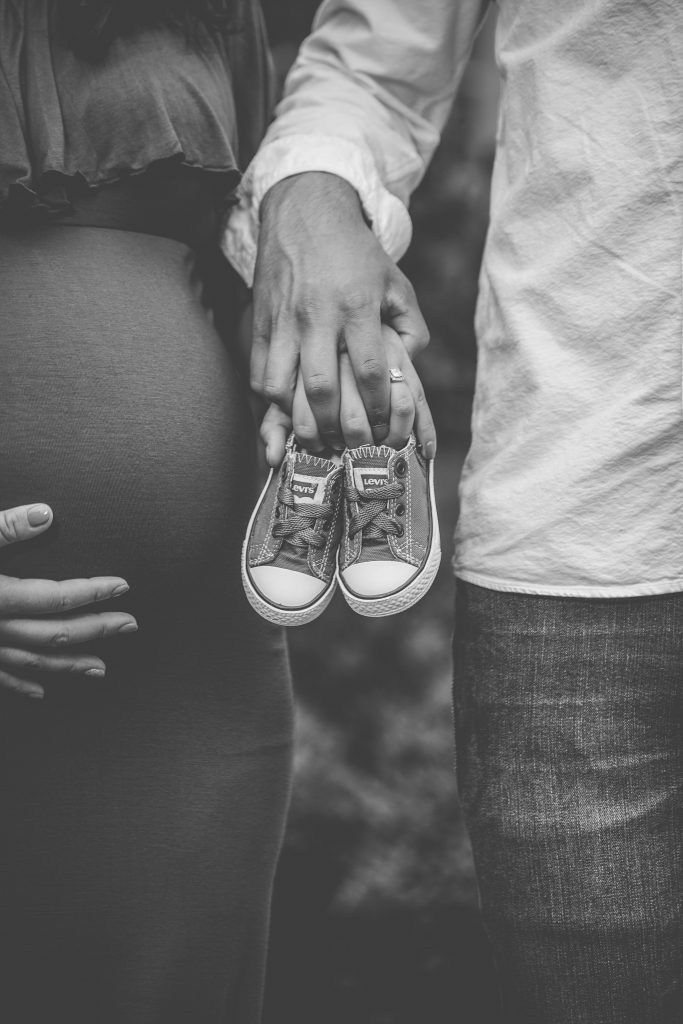By Dr. Kendra Flores-Carter
My life pre-motherhood was filled with “pure niceness.” Over the years, I built amazing high school and college friendships as well as fostered strong mentorships with outstanding individuals that genuinely cared about my well-being. Even though everything in life was good for me there was always the occasional encounter with people that just questioned my Black existence in their spaces. Often times the judgment came from people who didn’t look like me. Most often it was stares of disdain or silent whispers with rolling eyes. My mother worked very hard to instill confidence in me so I was rarely bothered by other people dismissal or disapproval of me as I grew into the woman I am today.
I do recall the first time I was called the “N word”by a patient I provided services to in a public setting. I wasn’t shocked because up until it happened I was waiting for that day to come.That was the day I could finally say someone actually blurted out loudly what others were thinking silently. I remember thinking to myself “Wow” I was finally called the “N” word in real life. Prior to this I was called it through looks of “disdain” and “why are you here” I wasn’t bothered by it and I went about my regular life but I now had the first-hand experience of being boldly discriminated against because of the color of my skin.

It wasn’t until I became a mother that people’s perception of me became a significant deal. I guess in some ways I now saw myself in my children. My children was me and I was them. So my experiences was now their experiences. Childbirth sharpened all my protective factors and heightened my defenses against discrimination and racism. This experience brings me to a very important topic in the healthcare community surrounding childbirth and Black women. The Center for Disease Control (2019)approximates that 700 new and expectant mothers die in the U.S. each year, and an additional 500,000 women experience life-threatening postpartum complications. More than half of these deaths and near deaths are from preventable causes, and a disproportionate number of the women suffering are black.Black women are three to four times more likely to die from a pregnancy related complication when compared to any other races.Additionally, in 2013, the infant mortality rate for non-Hispanic Black infants was more than twice the rate of non-Hispanic White infants, 5.06 deaths per 1,000 live births for White infants, and 11.11 deaths per 1,000 live births for Black infants (Matthews, MacDorman, & Thomas, 2015). According to Sudano & Baker (2006) maternal sociodemographic characteristics, physical health, and behavioral factors contribute to the disparity; however, these factors only partially account for the racial disparity in preterm birth. Racial disparities in birth outcomes in the United Stated are a significant public health issue.Furthermore, the preterm birth-related to infant mortality rate is three times higher among non-Hispanic Black women compared with non-Hispanic White women, 601 preterm-related deaths per 100,000 live births among Black women versus 179 preterm related deaths per 100,000 live births for White women (MacDorman, 2011).

Reflecting on these statistics I ask these questions: Are Black women and babies dying because of the color of their skin? Are Black women and infants dying because of racist healthcare providers? Are they dying because of systemic or institutional racism? To answer these questions it will help to understand that institutional or systematic racism refers to the policies and practices that contribute to structural barriers and the differential access to good, services, and opportunities by race (Jones, 2000).According to Williams & Mohammed(2013) racism and race-based health disparities for Black women contributes to differential quality of care or access to care within the health care system. Black women report experiences of racial discrimination and being treated differently by health care providers, clinic staff, and others during prenatal care (De Marco, Thorburn, & Zhao, 2008). Consequently,there is evidence to suggest an association between racism and the care Black women receives from healthcare providers. Clearly based on the research being a Black woman in the United States is tough. However, being a pregnant Black woman comes with some additional layers of discrimination, racism, and even death as a childbirth complication.

As a Black woman I can honestly say that I never in my life experience discrimination or racism until I migrated from Belize to the United States of America. Coming to the U.S. was a serious wake up call. Being born in Belize a land that accepted my existence from the moment of my birth. Surrounded by healthcare providers who supported my entire existence in the world and work diligently to see me succeed from birth. Giving birth for my mother was completely different when compared to my experience in the United States. As I look back at both of our child bearing and child birth experiences I realize just how much disparities exist for Black women in the U.S. when compared to Black women in other countries. Like many other Black women today in the United States my journey was filled with judgment, neglect, and lack of authentic empathy for the vulnerabilities of pregnancy and postpartum.Having the opportunity to see pregnancy and child birth experiences from a different perspective have definitely heighten my awareness of the differences faced by Black women as it relates to the healthcare services they receive in the United States. It’s definitely unfortunate that maternal and infant mortality continues to be a significant public health concern in the United States. While in 3rd world countries with significant lack technology and experts in maternal fetal medicine manages to have lower maternal and infant mortality rates across all sectors of the population. It’s certainly important for healthcare systems to begin to look into the systemic issues related to racism within their institutions. This is truly the only way to improve child birthing outcomes. The goal should be to help all women have equity in the experiences that surrounds pregnancy and childbirth. The only way this could be achieve is for healthcare organizations to take an honest look at the quality of care being provided to people of color and hold healthcare providers accountable for discrimination and racist practices and behaviors towards consumers. In the future I hope to see some improvements in the statistics related to maternal and infant mortality.
What do you think? Share your thoughts below. CBU student comments left within a week of the initial posting of this blog will be entered into a raffle for a CSHB external battery to keep your phone charged when you are on the go. Winners notified via email.

Lab Link
CBU > College of Behavioral and Social Sciences > Center for the Study of Human Behavior > Labs > Maternal Health Lab Maternal Health Lab. The research conducted in this lab focuses on maternal child health and maternal mental health, particularly among racial and ethnic minority women.
calbaptist.edu